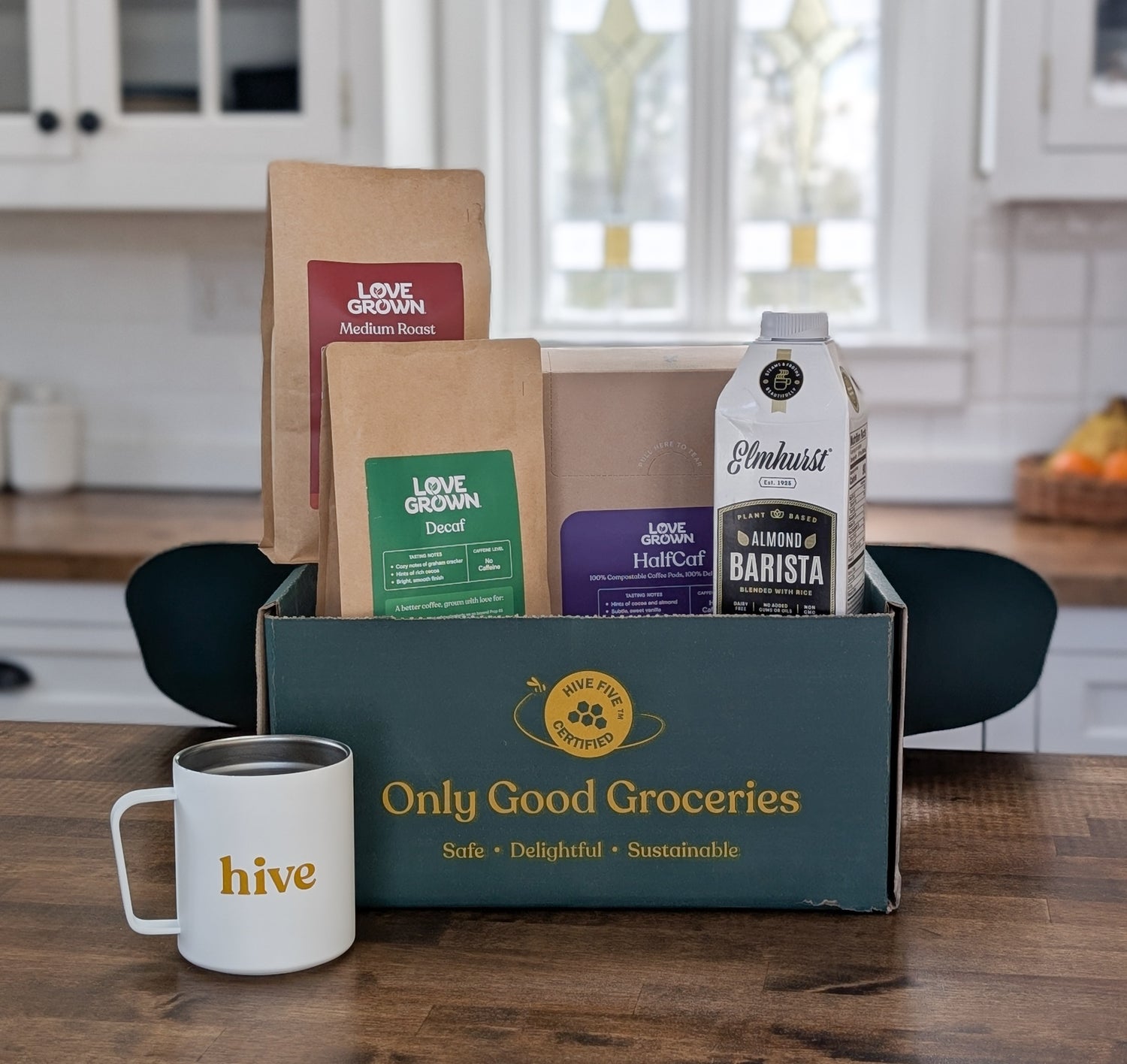Krissy and Gideon, Boonville Barn Collective
What they grow: Boonville Barn Collective specializes in unique farm-to-jar chile powders. They’re one of the few domestic sources of the coveted Basque Espelette pepper, which they’ve dubbed Piment d’Ville.
Why they farm: Rather than import limited quantities of Piment d’Espelette from France, the husband and wife duo behind Boonville Barn Collective decided to grow their favorite chile pepper themselves. Krissy and Gideon call their California-grown chile Piment d’Ville, and they farm their peppers with the strict organic standards of Mendocino’s Renegade Certification. Boonville Barn Collective runs every part of their business from their farm, from saving seeds, planting starts, harvesting, drying, grinding, packaging, and shipping. Their chile powders are so fresh that they include the harvest date on every batch, and they never use GMOs, fillers, or anti-caking agents.

Theresa and Patrick, First Field
What they grow: First Field grows organic, climate-resilient tomatoes from New Jersey and turns them into delicious pantry staples. Their name comes from their origins as an honor farmstand, where they grew tomatoes in the first of their three fields to make their first batches of ketchup.
Why they farm: First Field’s ultimate goal is to maintain New Jersey’s rich tomato-growing tradition. Although the East Coast’s climate makes growing organic food a challenge, Theresa and Patrick have been committed to growing organic tomatoes since day 1. They’ve received two USDA grants to work with farmers across the Garden State to research new methods of organic production. They’re currently working with a plant scientist to yield open-pollinated, non-GMO seeds that can withstand extreme weather like heat waves and hurricanes and improve the resiliency of tomatoes in the face of climate change.

Caroline and Tim, Kitchen Garden Farm
What they grow: Kitchen Garden Farm produces all of the ingredients for their srirachas and salsas, including peppers, tomatoes, tomatillos, and onions, on an organic farm in Western Massachusetts.
Why they farm: The plot of land that has become Kitchen Garden Farm was depleted by conventional practices before Caroline and Tim took over and transitioned to organic production. They have restored the naturally-rich river bottom soil of the farm by cultivating a wide range of biodiverse crops, improving crop rotation, and cover cropping. They have also enrolled all of the land in Massachusetts’ voluntary Agricultural Preservation Restriction (APR) program, which ensures that the farmland will remain agriculturally viable in perpetuity and exist as a healthy agricultural ecosystem.

Want to keep exploring farm-forward brands? Check out a few more of our faves here:

